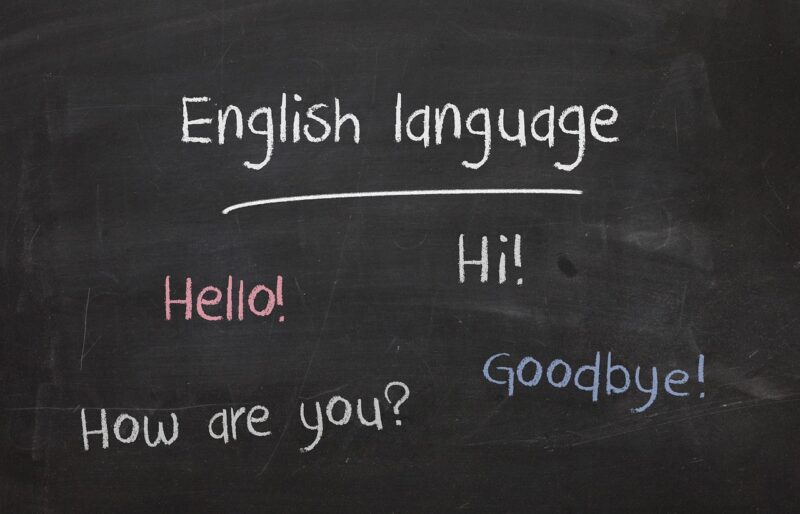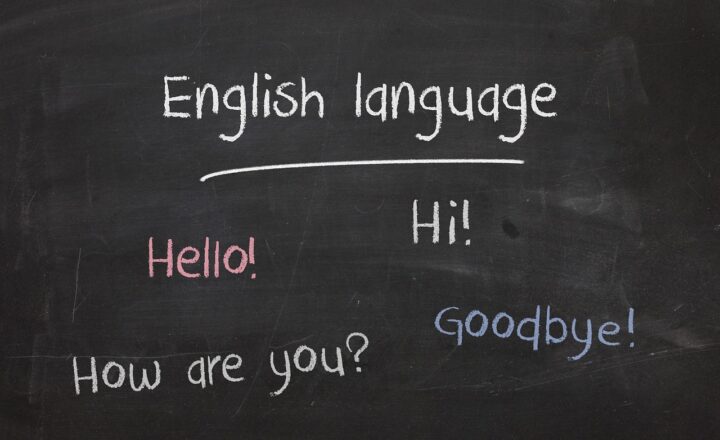Why Learning a Second Language Can Boost Your Brainpower
November 10, 2024

In today’s interconnected world, understanding multiple languages has become increasingly important. However, the advantages of learning a second language extend well beyond merely enhancing communication skills. Recent studies have demonstrated that becoming bilingual can significantly boost brainpower and cognitive abilities. In this article, we will explore the many ways in which learning a second language can positively influence your mind, improve mental agility, and ultimately lead to a lifetime of benefits.
1. The Cognitive Benefits of Bilingualism
Bilingualism has been associated with various cognitive benefits that can enhance an individual’s brain function. Research suggests that learning a second language contributes to the following cognitive improvements:
- Enhanced Memory: Bilingual individuals often exhibit stronger memory skills. The process of learning and using a new language requires increased memory capacity, as learners must remember vocabulary, grammar rules, and pronunciation, significantly improving overall cognitive recall.
- Improved Problem-Solving Skills: Engaging with a new language sharpens critical thinking and problem-solving skills. Bilinguals are often tasked with navigating various linguistic structures and rules, which can translate into greater proficiency in analytic thinking and more creative solutions to problems.
- Increased Cognitive Flexibility: Bilingual individuals frequently switch between languages, enhancing their cognitive flexibility. This ability to adapt quickly to changes helps in various contexts, from academics and work to everyday social interactions.
The evidence shines a spotlight on the cognitive enhancements linked to learning a second language, establishing that the brain becomes more adept at processing information in various contexts.
2. Delayed Onset of Cognitive Decline
A fascinating aspect of bilingualism is its potential to delay cognitive decline as we age. Several studies have indicated that individuals who speak more than one language may experience a delay in the onset of dementia and other cognitive disorders.
According to a study published in the journal “Neurology,” bilingual individuals exhibited symptoms of dementia approximately 4.5 years later than their monolingual counterparts. This protective effect is believed to stem from the increased cognitive reserve developed over years of language learning and usage.
3. Boost in Academic Achievement
Learning a second language can contribute to higher academic performance, particularly in areas such as reading, writing, and comprehension. Bilingual students often demonstrate greater linguistic awareness and understand nuanced language structures, leading to improved literacy skills. In addition, the mental discipline required to manage two languages fosters better studying habits and strategies that can be applied across subjects.
As bilingualism continues to be celebrated, educational institutions worldwide are introducing foreign language programs, recognizing the future benefits that language skills can yield in academic achievement and beyond.
4. Enhancing Cultural Awareness
Learning a second language unlocks the door to diverse cultures, providing deeper insights into different ways of life, beliefs, and traditions. This heightened cultural awareness not only promote empathy but can also contribute to better social interaction, collaboration, and negotiation skills.
By immersing oneself in a new language, learners engage with varied perspectives that enrich their worldview. Understanding cultural contexts not only makes you more compassionate towards others but can also enhance your creativity and open-mindedness.
5. Greater Job Opportunities
In our globalized economy, employers increasingly seek individuals who can communicate with clients, partners, and colleagues from diverse backgrounds. Bilingual individuals often hold a competitive advantage when entering the job market, as languages can be a crucial asset in various professional fields, including education, healthcare, tourism, and international business.
Being bilingual not only enhances your resume but also opens doors to international opportunities and foster meaningful relationships in professional settings.
6. Techniques to Learn a Second Language Effectively
The benefits of learning a second language are numerous, but how can you maximize your learning experience? Here are some effective techniques to enhance your language acquisition:
- Immersion: Surround yourself with the language through movies, music, podcasts, and conversations with native speakers. The more you’re exposed to the language, the faster you’ll pick it up.
- Practice Regularly: Daily practice is key. Whether it’s through formal coursework, language exchange, or self-study, consistency will lead to fluency over time.
- Use Language Learning Apps: Leverage technology by using apps like Duolingo, Babbel, or Rosetta Stone. These platforms offer personalized learning experiences to enhance vocabulary and grammar skills.
- Join Language Groups: Participate in local language clubs or online language communities. Engaging with fellow learners and native speakers can motivate you and provide valuable practice opportunities.
By utilizing these techniques consistently, you can expedite your learning process and fully embrace the cognitive benefits of bilingualism.
Conclusion
In summary, the advantages of learning a second language stretch far beyond enhanced communication skills. Bilingualism fosters cognitive benefits such as improved memory, problem-solving skills, and cognitive flexibility. Not only does it delay cognitive decline, but it also boosts academic achievement, enhances cultural awareness, and opens doors to greater career opportunities. If you’re contemplating starting a new language, now may be the perfect time to embark on this rewarding journey. Not only will you enrich your life with a new skill, but you will also unlock a treasure trove of knowledge and experiences that will undoubtedly boost your brainpower for years to come.








